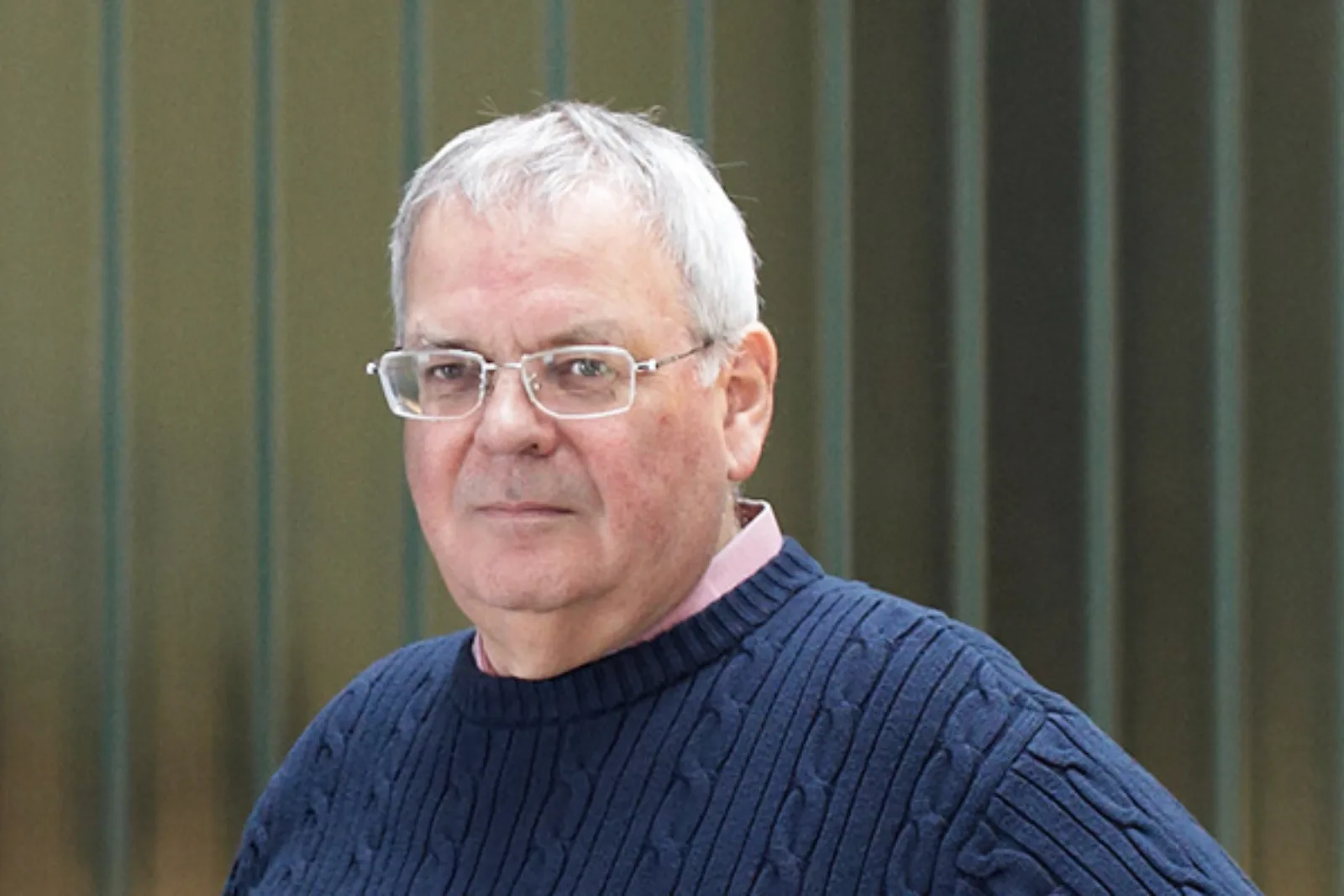Analyzing Durer's 1514 engraving Saint Jerome in his Study, Brian Cummings suggests that the intellectual world of the early modern period is "poised between the clarity of faith and the melancholy of skepticism." What transforms skepticism into faith and overwhelms the fear of mutability or contingency is grace. Grace is one of the single most important concepts that separates our modern, largely secular culture of "growth" from the cultural life of the early modern period. The religious concept of grace does not, however, simply disappear with what Weber calls the "disenchantment" of the secular age; it transmutes itself into other complex and powerful cultural defenses against fatality, the contingent and unpredictable. This paper seeks to outline the story of these transmutations and other increasingly secular ways of grace, not so much of disenchantment, but as one of continuous re-enchantment.
The paper will be precirculated to those who register, for discussion at the seminar.
Coffee and refreshments will be served before the seminar.
Learn more about the speaker: Paul Stevens, University of Toronto
The Milton Seminar is organized by Stephen Fallon, University of Notre Dame; Christopher Kendrick, Loyola University Chicago; Paula McQuade, DePaul University; and Regina Schwartz, Northwestern University.
Faculty and graduate students of Center for Renaissance Studies consortium institutions may be eligible to apply for travel funds to attend CRS programs or to do research at the Newberry. Each member university sets its own policies and deadlines; contact your Representative Council member in advance for details.
